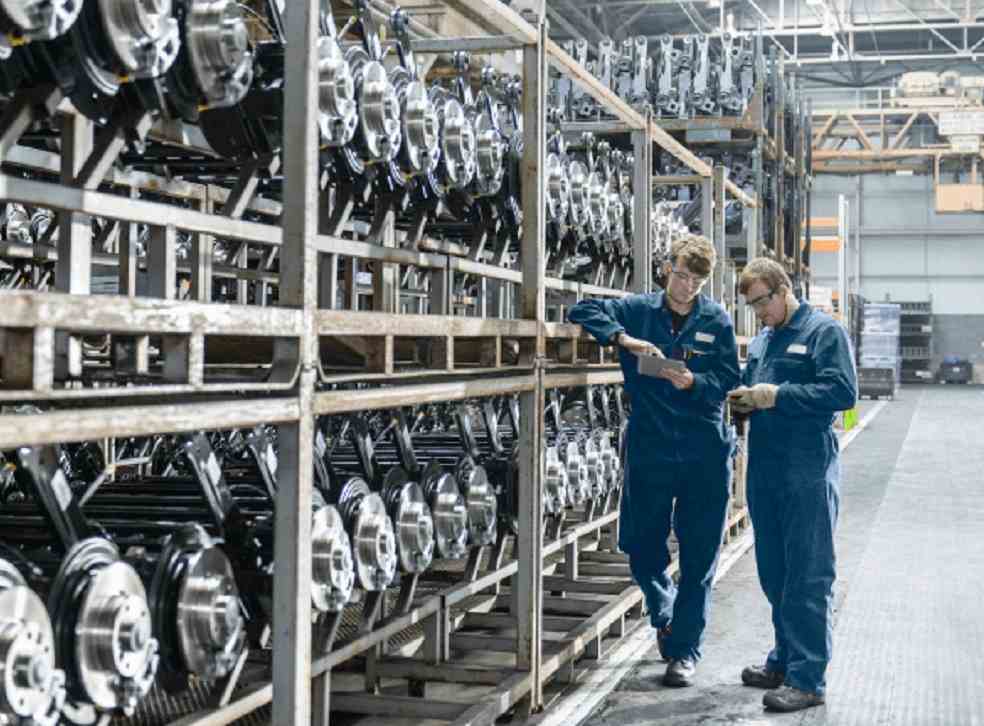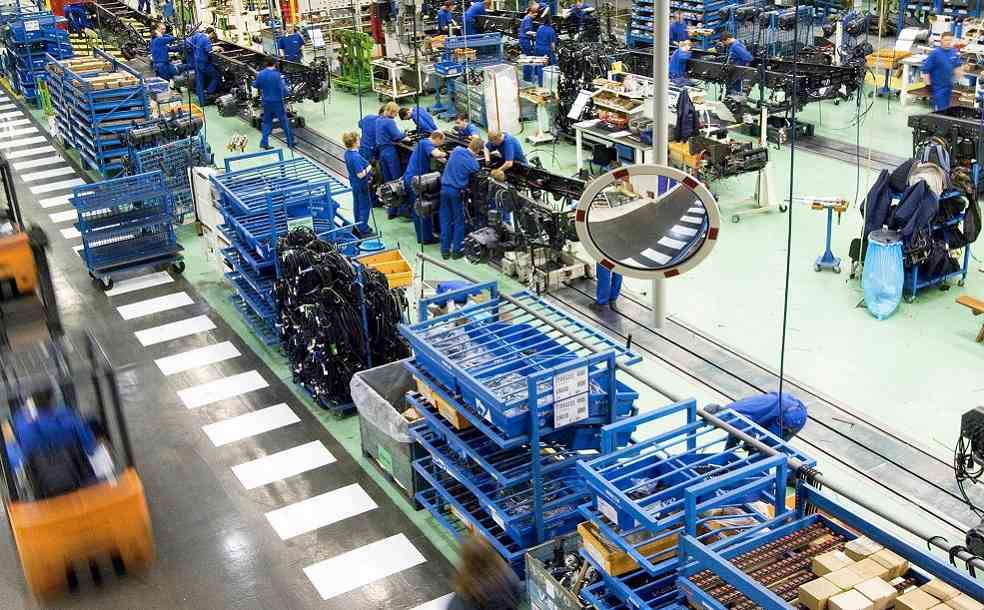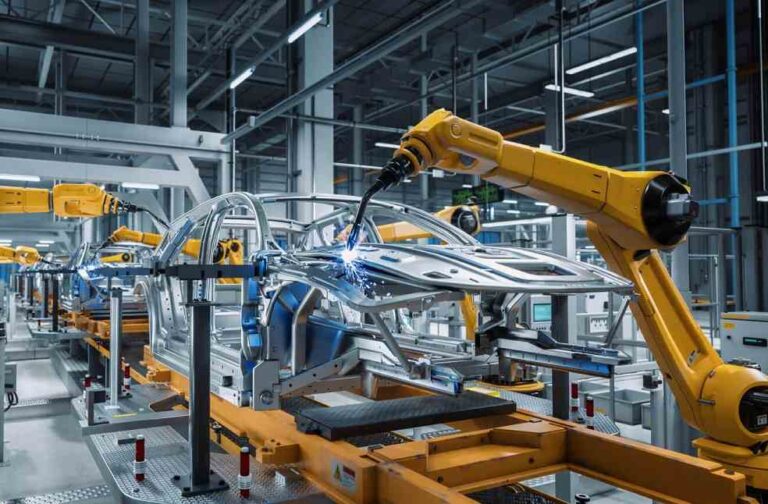A significant global restructuring is taking place within the automotive industry, as revealed by a Capgemini Research Institute (CRI) report. The document shows a notable 22% decline in offshore procurement over the past two years, a trend spearheaded by Europe, which has cut its offshore sourcing by a quarter since 2021. This is followed by the Asia Pacific (APAC) and the US, with reductions of 20% and 18%, respectively.
The report predicts a further 19% decrease in offshoring procurement by 2025, driven by the rise in electric vehicle production and the relocation of key electronics component fabrication. The successive supply chain crises have diverted automakers’ focus and investment from sustainability initiatives, making it a non-priority for many. Only 37% of respondents indicated that environmental risk and carbon footprint management influence their supply chain decisions.
Despite the consistency in supply chain sustainability investment by original equipment manufacturers (OEMs) or vehicle makers compared to the previous year, there has been a significant 17% reduction in suppliers’ annual investment. Alexandre Audoin, Global Head of Automotive Industry at Capgemini, stressed the importance of implementing a long-term, intelligent, data-driven strategy, incorporating circularity as a crucial component to build resilience, navigate regulatory changes, and achieve climate targets.

The report also notes the delay in scaling circular economy initiatives due to a shortage of recycled materials and suppliers. It suggests that establishing new supply chains for semiconductors and electric vehicles will hasten to nearshore. The value attributed to semiconductors and sensors in vehicles has surged by 51% in the last two years and is projected to increase by an additional 46% between 2023 and 2025.
Notably, only half of the OEMs consider the current semiconductor components supply secure, with 70% indicating that most of the supply comes from China, Taiwan, Japan, and South Korea. To enhance supply security, OEMs are investing in alternative supply methods and moving away from tier-1 and -2 suppliers, yet they have only secured an average of three years of electric vehicle (EV) battery raw materials.
Despite these challenges, half of the OEMs believe they could evade 60% of the revenue loss experienced in 2022 if similar scenarios, including the semiconductor shortage, were to recur. Both suppliers and OEMs have increased operational investment and working capital to address operational and logistical issues, primarily by building inventories. This strategy, although unsustainable in the long term, risks adverse effects on the operational and financial well-being of automotive organizations.

The report emphasizes the necessity of visibility and transparency for establishing a reliable supplier ecosystem. Slightly over half (53%) of respondents have implemented a mature intelligent supply chain to facilitate data-driven decision-making, enabling the integration of advanced technologies such as artificial intelligence (AI) and data analytics. By participating in standardized, open, and trusted data ecosystems that incorporate new suppliers for software-driven services, automotive organizations can advance their resilience and sustainability objectives.
The report underlines the imperative for automotive organizations to reevaluate and restructure their supply chain strategies to ensure resilience, security, and sustainability in a dynamically evolving global landscape.
EV WORLD | India-US Bolstering Semiconductor Supply and Digital Gender Equality





